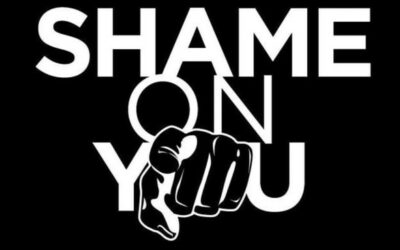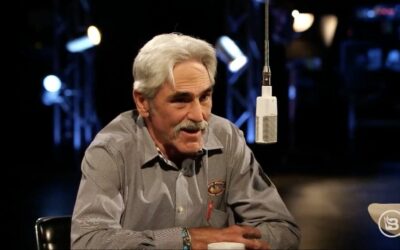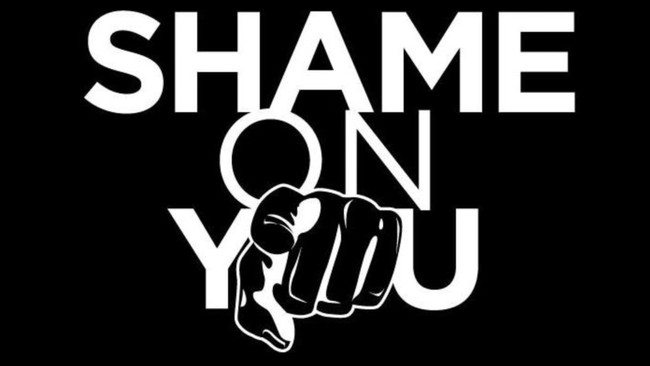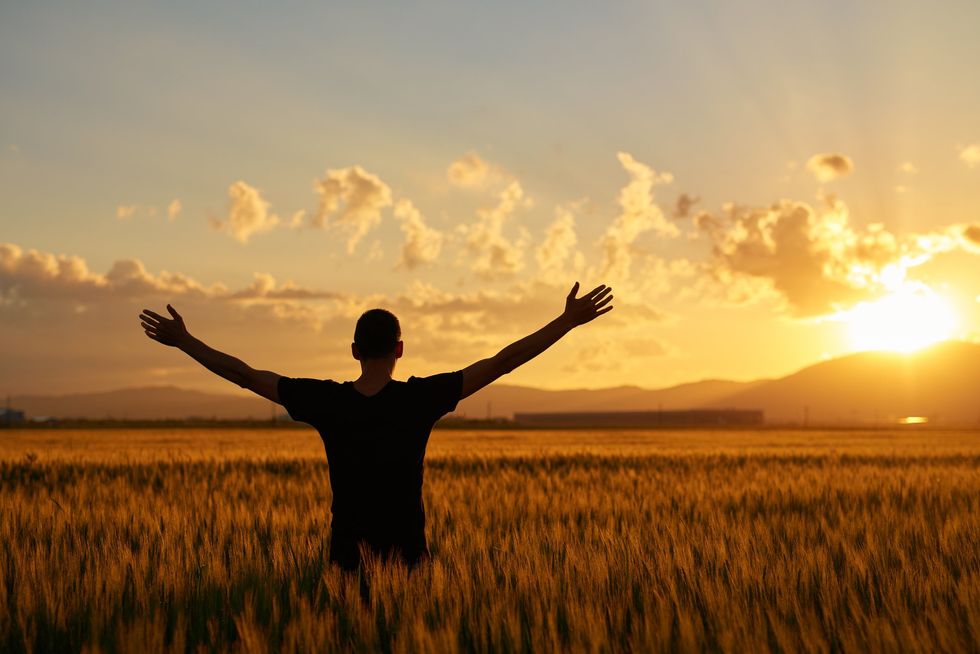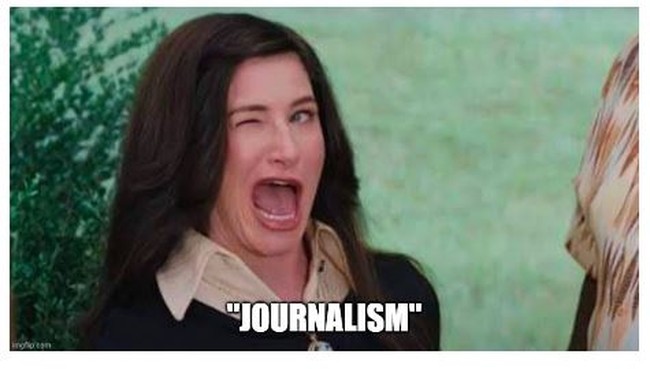Why I am pro-life with an asterisk
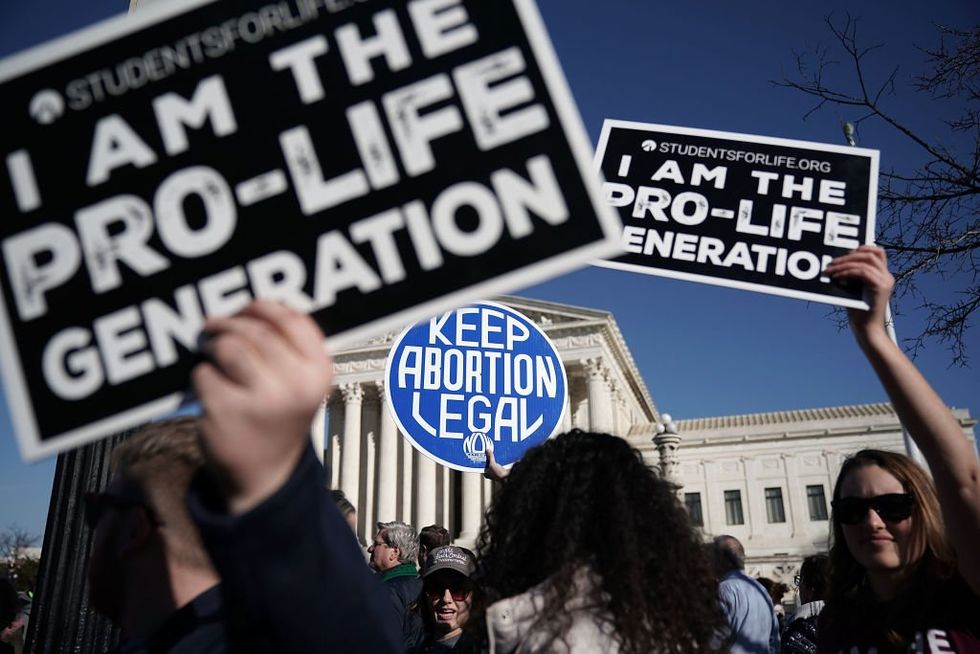
Glenn Beck’s radio broadcast on Wednesday morning had some heartfelt and thoughtful discussion of the most controversial aspect (for Republicans) of Donald Trump’s recently released platform: abortion.
It got me thinking about that issue again, not that I had ever really ignored it. You can’t. To say that the abortion quandary goes to the heart of our values is both a cliché and an understatement. Its paramount importance is unquestionably true.
Trump’s policy makes sense for the world at large in these times. Any other approach would likely do more harm to the cause than good by giving its enemies a club.
The discussion arose that morning because reports indicated Trump has rejected the call for a federal abortion ban that appeared in previous GOP platforms, including his own in 2020. Instead, he would “let the states decide,” an approach that aligns with the Supreme Court’s decision of overturning Roe v. Wade, for which he has taken justifiable credit.
I am one of those who has become increasingly pro-life over the years for reasons that are both moral (“Some things that you’re liable to read in the Bible are necessarily so”) and scientific. A life with unique DNA obviously begins at conception (when else?), and, due to ongoing research, the amount of time that unique human being takes to be sentient in the womb, to experience pain and who knows what else, is shorter and shorter — eventually, it seems, a matter of weeks.
And yet, I must put an asterisk against my name regarding abortion.
As with an incalculable number of others, male and female, I have never, to my knowledge, had to face the question of an abortion in my own life. Although I know several who have, I have not been involved as the sometimes de trop (to 1960s-era feminists and some contemporaries as well) male sperm donor.
Everything I think about abortion is, to some degree, theoretical, as are, I submit, the opinions of those millions of others who have not had to deal with the experience directly.
Some of my theoretical thoughts, however, make me shudder.
For example, what if a daughter of mine had been brutally raped by one or more of the October 7 Hamas terrorist psychopaths and became pregnant? How would I feel about her going to term and having the baby? Much more importantly, how could I even begin to counsel her against abortion if she naturally abhorred having progeny from such a monster with all that that might entail?
Yes, I’m aware that is a rather dramatic example, but dramatic as it is, it is plausible — right now.
If you are one of those who favor that overall abortion ban, I absolutely respect you on a moral basis. We are all children of God.
But I must ask if you have ever faced anything remotely like that example? Are you sure what you would do if you had to?
I must admit, I am not sure at all.
Arguments about the possibility of nurture overriding nature, whether the next Mother Teresa or someone curing cancer could arise from such a “union” seem puerile and, to me at least, more than a little bit hypocritical in this and similar instances.
And if you think my example is too specialized, I would remind you that, barring the ideology, it is not too distant from a rape occurring today anywhere in our country, in an urban alleyway or a distant field.
Further, there’s that life-of-the-mother question. It’s a dicey one, since confidence in our medical community to make the correct and just decision has unfortunately dwindled since COVID. (Maybe we took too much for granted.)
Nevertheless, it’s an epochal choice that, when confronted, has results that, putting it mildly, may not always conform to our hopes. In fact, it can be a ticket to disaster for all concerned, no matter what side of the ledger we are on, pro-life or that weird construction, pro-choice.
It’s almost impossible, at least for me, to know how I would react if confronted by the dilemma. God-willing, I won’t be.
So, I have an asterisk next to my pro-life name. I would ask others in my position of fortunate ignorance to think about themselves in that regard.
I would add two things.
First, I wouldn’t be surprised if Donald Trump’s thinking was like mine. Although electoral politics always plays a role — he’s a politician, in case you haven’t noticed — his policy makes sense for the world at large in these times. Any other approach would likely do more harm to the cause than good by giving its enemies a club, specious as that weapon would be.
Second, I have always suspected that the real battle over abortion should not take place in the realm of government. I am now more convinced of that than ever. In that sense, I am a (definitely small l) libertarian. Whether to abort is an issue of the heart and the soul, of the individual’s faith or lack thereof, not of legislation that in the end does little more than paper over the real feelings of people on this monumental question.
Editor’s note: Prize-winning novelist and Oscar-nominated screenwriter Roger L. Simon will be starting the American Refugees Substack this August with his wife, screenwriter (“Dick”) and journalist, Sheryl Longin.

